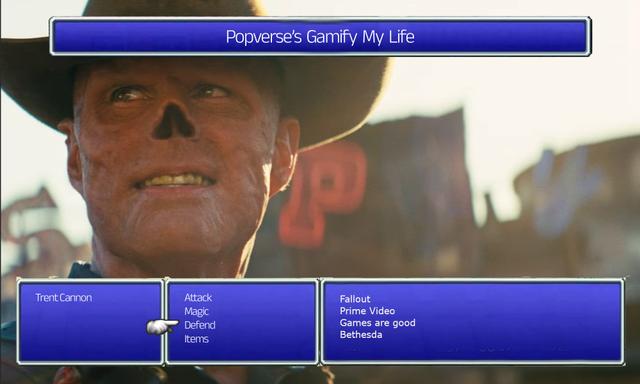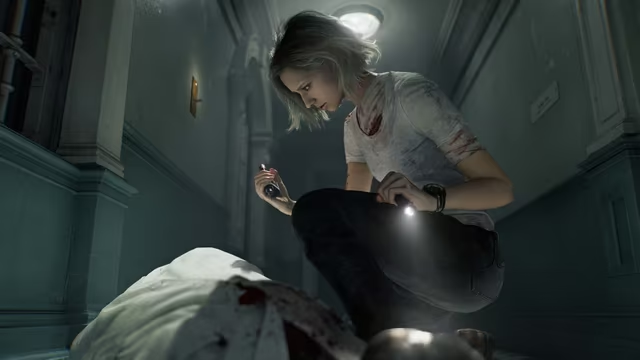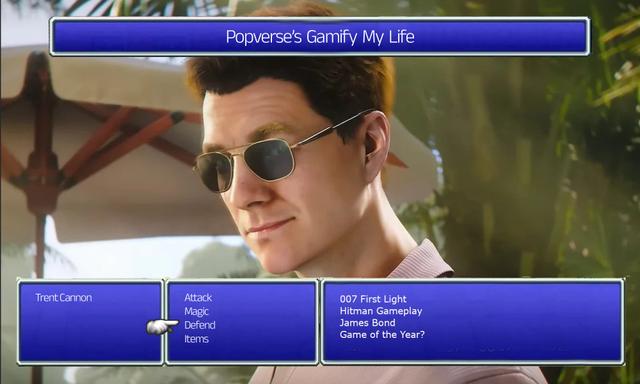If you click on a link and make a purchase we may receive a small commission. Read our editorial policy.
Do Black Adam and other DC antiheroes appeal more to the general public?
Dark DC characters do better at the in movies than optimistic heroes, based on past evidence

Despite rumors to the contrary, Black Adam is currently estimated to turn a profit for DC Studios after a stronger-than-anticipated opening. It might not have been a runaway hit, but its success nonetheless might come as a surprise to some, considering both early reviews and the character’s relatively minor status amongst the many DC icons awaiting their time in the spotlight. For others, however, it’s the continuation of a strange trend that’s been quietly emerging over the past few years: People really, really like DC stories and characters when they get dark, it seems.
The chicken or the egg?
The DC comic book universe features positivity and optimism at the center of so many of its core concepts: of people setting aside their differences to work towards a common goal (the Justice Society, the Justice League, basically every superhero team ever), of a better future (the Teen Titans, the Legion of Super-Heroes), or even simply a belief in the existing power structures, whether it’s American police departments (The Flash) or even intergalactic police departments (Green Lantern)… and yet, that’s not what audiences outside of comic books appear to want when it comes to bringing DC characters to the screen. For a publisher that’s often derided for being stuffy or old-fashioned when it comes to its approach to superheroes (with many pointing to Superman as evidence of this), it’s notable that the majority of the hit movies and shows based on DC characters come from a more morally ambiguous place.
With the exceptions of Wonder Woman and Aquaman, all of DC’s biggest hit movies are grim: The Dark Knight, The Dark Knight Rises, The Batman, Joker, Batman v Superman: Dawn of Justice, Suicide Squad, even Man of Steel, all lean away from any sense of optimism that isn’t tortured and born from a place of misery and struggle. (The current top 10 of DC movies in terms of all-time box office closes out with 1989’s Batman, if you’re curious; yes, that does mean that a full 60 percent of DC’s most successful films are Batman-related.)
Similarly, consider the success of shows like Peacemaker, Pennyworth, Harley Quinn, or even Titans on HBO Max — all of which could be argued to be leaning into a dark view of the DCU to some degree, even if at least half of them are clearly having fun doing so. Even on the CW, which arguably skews towards lighter fare, Arrow, Black Lightning, and Batwoman alike were all relatively dark shows considering their comic book inspiration.

On the one hand, this is somewhat skewed information, given that so many of DC’s movies have centered on morally ambiguous characters. On television, shows like Doom Patrol and DC’s Legends of Tomorrow have found some level of success and passionate fandom by following their own, strange but wonderful, sense of joy, after all; could the same be true of movies, if given the chance? (Consider the audience response to the final act of The Suicide Squad, which arguably leans closer to Doom Patrol than the previous Suicide Squad movie.)
COVID hasn’t helped the box office of DC’s recent output, but it’s worth noting that, prior to Black Adam, the last four movies featuring characters from the DCU have been The Batman, The Suicide Squad, Wonder Woman 1984, and Harley Quinn and the Birds of Prey — three quarters of which feature what could be described as 'dark' or 'morally ambiguous' characters. Is the seeming preference for dark stories from the DCU an actual preference on the part of moviegoers, or are they simply responding to what's being predominantly offered to them? Which came first, the chicken or the egg?
Finding the formula
This does seem to be a particular problem for DC. Marvel has found a sweet spot where audiences are attuned to accept everything it offers eagerly, whether familiar or unfamiliar. Marvel is also a studio that has made a point of never going too far in any one tonal direction with its releases, preferring to maintain an equilibrium, where any drama or tension can always be defused with a one-liner at the right time. That can lead to some relatively generic product, sure, but it also allows for almost any Marvel character to be plugged into the formula and still work, for the most part.
Maybe we should ask why Wonder Woman and Aquaman hit big, in trying to figure out this conundrum. Wonder Woman feels like a particular outlier, in that it was both a spin-off from the successful BvS: Dawn of Justice and also the first solo female superhero movie ever. (It’s also a good movie, beyond those things, of course.) Aquaman, too, builds on his appearance in Justice League, but it also outpeformed that movie at the box office by no small margin — $335 million for Aquaman, versus $229 million for Justice League — so something else was at play: The appeal of Jason Momoa mostly shirtless? The novelty of underwater world building? An octopus playing the drums?

What the people want (or will accept)
There are surely lessons to be learned from the success of those two movies amongst the more dark DC hits. What makes Aquaman a hit but not Green Lantern? Why was Wonder Woman a success, but not Shazam!? (I’m very curious to see what happens to Shazam!: Fury of the Gods, which boasts more big name actors, a larger scale, and can build off the minor success of the first movie; we’ll have to wait until next year to see, however.)
Along similar lines, what can be learned from the fandoms of Legends of Tomorrow, Supergirl, Doom Patrol, and the less dark television fare? Are audiences responding to something inside those shows in particular, and if so, why is whatever that is absent from other DC projects?
As James Gunn and Peter Safran plan out the next 10 years of DC projects on big and small screens, these are the questions that need to be answered, especially if the studio wants to transform its purposefully varied, disjointed approach to bringing DC’s characters to the screen — an approach that resulted in both The Batman and Joker, two of the biggest DC movies to date — into a more streamlined, everything-is-connected Marvel Studios scheme. Changes are already happening that suggest that important questions are being asked, but we don’t know the answers just yet.
After all, there are a lot of DC characters out there waiting to be brought to the screen, but — despite what it can feel like at times in the comic store — not enough of them are related to Batman if you want to build a cinematic empire and that’s all that you can convince audiences to accept.
DC Studios is in visible flux right now as it finds its new shape. Keep up to date with the story as it happens here on Popverse.
Follow Popverse for upcoming event coverage and news
Find out how we conduct our review by reading our review policy
Let Popverse be your tour guide through the wilderness of pop culture
Sign in and let us help you find your new favorite thing.
















Comments
Want to join the discussion? Please activate your account first.
Visit Reedpop ID if you need to resend the confirmation email.